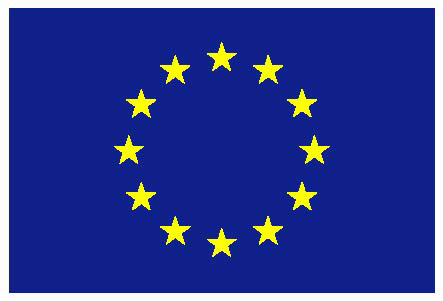Important Notice
For more information about the EAAP Researchers' database, please browse here.
This page has been
visited
 times
times
since 13 Sept. 2012
Date last up-dating:
13/09/2012
EFABIS Project
EFABIS - A European Farm Animal Biodiversity
Information System (EFABIS)

Infrastructures- Area 14
(QLRT-2001-00026).
FABISnet was initiated in 2002 under a project managed by EAAP
and supported by the European Commission
The official website of the Project is http://efabis-devel.tzv.fal.de
Objectives of the research
The objective of the project is to create an integrate
infrastructure of databases to monitor Farm Animal Biodiversity
(FAB) in Europe. This project will meet the specific
requirements of the European continent as well as the need for
full compatibility with the Global Information System (DAD-IS)
of FAO. The outcomes of the project will be made available to
the widest range of potential users. It will be an important
tool in characterisation, utilisation and conservation of those
genetic resources. The project will help rationalise the
monitoring of livestock and poultry genetic diversity, and
favour a greater awareness of the genetic resources available to
the European farmers. The new European database structure will
help the countries in collecting information on the hand and
will be integrated with DAD-IS, which is designed to link all
parties to the FAO Global Strategy for the Management of Farm
Animal Genetic Resources.
The infrastructure considered in this project is essentially
made of a system of data collection and storage at three levels,
the country, the European and the Global Level. FAO has decided
to put the programme code for DAD-IS into the public domain
under the Open Source Model (OSM). The current regional
data-base will be put on the OSM footing which will allow
incorporation of European specificities and at the same time
ensure an easy transfer of data to DAD-IS. National databases
will be created using the same core structure. An essential aim
of the project is to take into account the stage of development
reached in the various countries of Europe, and to propose
solutions best adapted to their needs and resources. The result
will be a well-integrated network, basically relying on the OSM
methodology, and therefore developed in close collaboration with
FAO.
Biodiversity, Farm Animals, Network, Characterisation Germany, France, Italy, Poland
Methodology
Anticipated results
Key words
Participating countries

